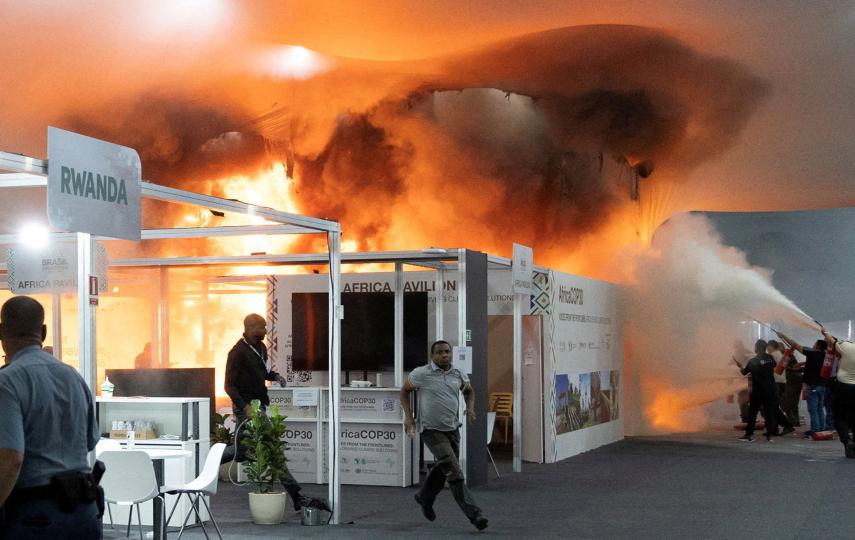“Ramadan started like a bad mood because of the rising food prices.”
Madina's story
Madina Yacqub, a domestic worker, lives in Mogadishu’s Wadajir district, near the city’s airport. After the death of her husband three years ago, she remarried. Her new husband, Yahye Adow, is a construction worker and helps support Madina’s five children.
She washes and cleans in three homes in Wadajir and believes her honesty and hard work is why she stays employed. “Not all people are good, but some of them treat me well,” Madina says.
But it’s a struggle to make ends meet. Some months she has to borrow money from her neighbours, although sometimes she can also earn a little more than she expected. “Life doesn’t stand still,” Madina believes.
Yahye, her husband, says successive droughts have driven people from the countryside into Mogadishu looking for work. “This means employers can pay poor salaries,” while prices in the market keep rising. “If you go to the market with $50 you can't buy all the food you need for a month,” he says.
Madina’s main concern is keeping three of her children – aged 15, 12, and 10 – in school. “Children who go to school want pocket money for their break time, and we can't always afford it. But we are proud to pay school fees every month,” she says.
Her youngest children are in cheaper madrasas.






